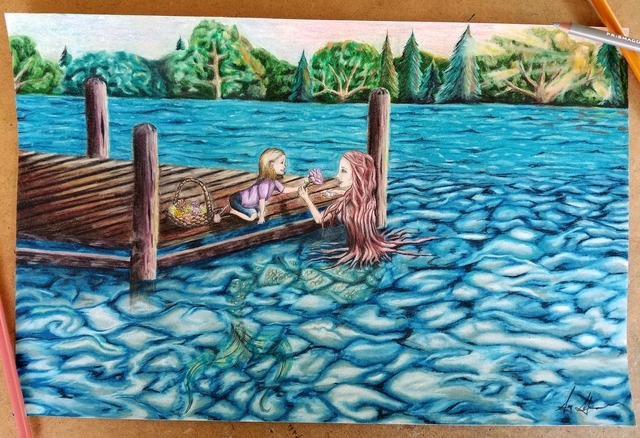



At one point, Toad develops an obsession with buying (and subsequently crashing) expensive cars. When Toad’s friends do begin to intervene, Toad resists, and his behavior initially worsens-suggesting that accepting help is just as important a part of mentorship as offering help. So, because Toad’s friends are never explicit that they find him entitled and conceited, Toad never changes his behavior. And the friends’ unwillingness to say anything about Toad’s entitled behavior means that Toad never gets feedback that he’s being rude and obnoxious to his friends-indeed, he sees nothing wrong with later bullying Rat and Mole into going with him on a trip in his caravan. But everyone did anyway, just to appease him. And Rat suggests that most of the time, he and Toad’s other friends don’t want to join in: when Toad was interested in living in a houseboat last year, nobody wanted to visit Toad in his new abode. Rat explains that Toad has an annoying habit of picking up expensive hobbies and then dropping them when they no longer interest him-and also forcing his friends to join him on his various escapades, whether his friends want to or not. From the moment Toad comes up in conversation in the novel’s first chapter, Rat and Otter frame him as someone who’s conceited, selfish, and entitled. Toad’s relationship with his friends at the beginning of the novel shows that when friends don’t try to encourage good behavior in one another, they can end up enabling or even encouraging bad behavior. With this, The Wind in the Willows proposes that friends have a responsibility to help one another make good choices and fit in with the rest of society. Particularly as Rat and Badger discuss Toad’s flaws, they insist that it’s their duty as Toad’s friends to essentially mentor him-to set him straight and help him become a better, kinder, more thoughtful person. But the novel also focuses on a more serious matter: the intervention Mole, Rat, and Badger stage when Toad (who’s wealthy and conceited) develops what his friends deem a dangerous and distasteful interest in cars. As the seasons pass, the friends explore the river, go on picnics, tell stories, and venture into the nearby Wild Wood. Molly lives in Ossipee with her husband and toddler, where they are restoring the former Ossipee Mountain Grange Hall so that it may be a responsive resource to support the community’s social, economic and creative aspirations.The Wind in the Willows follows four animal friends- Mole, Rat, Badger, and Toad-who live lives of luxury along an English river. in Anthropology & International Affairs, and is also certified in Permaculture design and teaching. She graduated from the University of New Hampshire with a B.A. Molly has served on the boards of Global Awareness Local Action/MakersMill, Ossipee Listens, Waysmeet/United Campus Ministry, and American Friends Service Committee-NH. She is a co-founder of the Community of Practice for Supporting Youth Leadership for Social Justice in New Hampshire with NH Listens, which has a vision of young people in New Hampshire at the forefront of transforming culture and policy, grounded in the values of voice, action, equity and love.įor 8 years, Molly has Directed Pittsfield Listens, which encouraged the power of historically marginalized youth, parent, family, and community voice on issues and policies that directly affect their education and their life. She has been a New Hampshire Listens Fellows since 2011, across various projects throughout NH.

Molly is a community organizer, educator, and facilitator specializing in rural & youth organizing, participatory leadership development, problem solving through roundtable dialogues, and building intergenerational networks for social change.


 0 kommentar(er)
0 kommentar(er)
